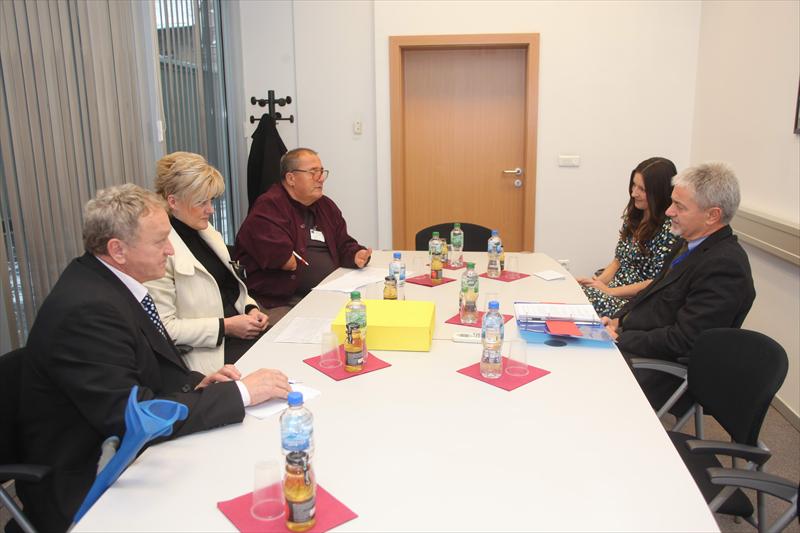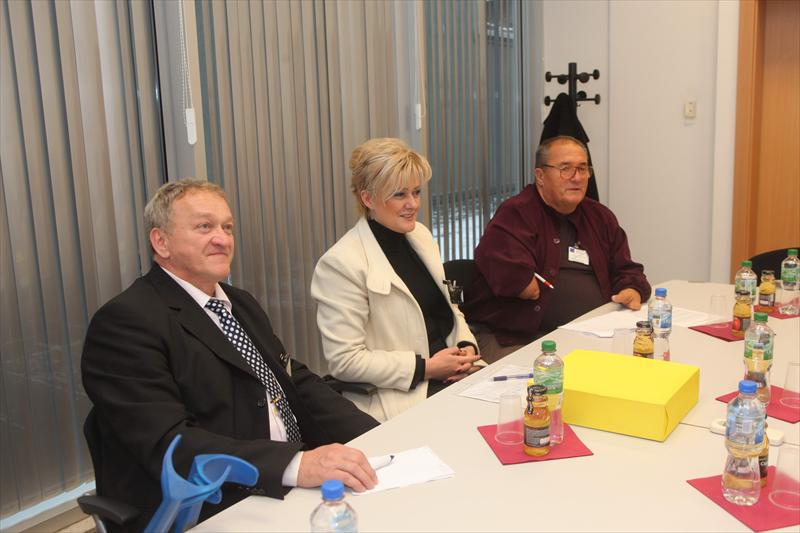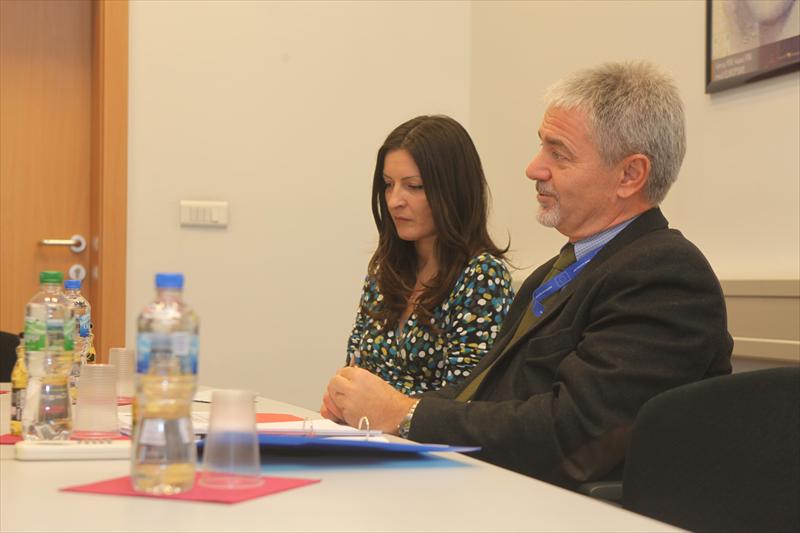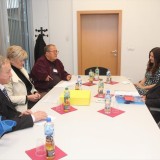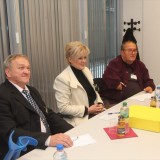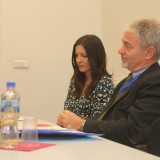Realising the rights of people with disabilities in Bosnia and Herzegovina was the subject of a meeting today between the Deputy Head of the Delegation of the European Union to BiH, Dr Renzo Daviddi, and Mr Zijad Arapcic, President of the BiH Association of Disabled Persons. The meeting also took place in the context of 3rd December as the International Day of Persons with Disabilities.
Dr Daviddi said:
“Respect for human rights – and in particular the rights of disabled people – is a core principle of the EU and a pre-requisite for countries seeking to join the Union. Article 21 of the Charter of Fundamental Rights of the EU prohibits discrimination on any grounds including but not limited to gender, race, colour, ethnic or social group, disability, religion and sexual orientation.
“We strongly believe that disabled people have much to contribute to society and must be regarded as equal members of society.
“As we make clear in our annual Progress Reports, BiH must tackle a number of key challenges as regards persons with disabilities. Commitments flowing from BiH’s signature of the UN Convention on the Rights of People with Disabilities must be implemented. Social benefits must focus on those most in need. There must be integrity in the system of declarations of disability and no discrimination based for reason of disability.
“The EU is strongly committed to the rights of disabled people in BiH. We are currently providing just under 130,000 EUR support to the BiH Council of People with Disabilities from EIDHR funds and we intend to provide 1 million EUR for the harmonisation of domestic legislation with the Convention, as well as another 1 million EUR for piloting the Social Housing System in BiH, from IPA funds. We are also looking into the possible implementation of the fourth phase of the 4.1 million EUR project ‘Enhancing the Social Protection and Inclusion System (SPIS) for Children in Bosnia and Herzegovina’ with a particular focus on disabled children.”

